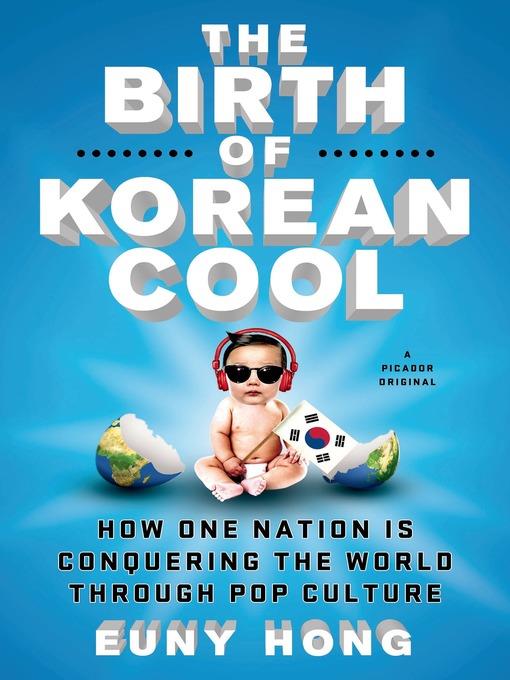
The Birth of Korean Cool
How One Nation Is Conquering the World Through Pop Culture
کتاب های مرتبط
- اطلاعات
- نقد و بررسی
- دیدگاه کاربران
نقد و بررسی

June 15, 2014
A funny, iconoclastic Korean-American journalist and author turns her skewering lens on her own culture.Hong (Kept: A Comedy of Sex and Manners, 2006, etc.) has a mischievous sense of humor when it comes to culture clashes, so it's a pleasure to see her turn her wicked talents on "Hallyu." It's a broad term that describes the proliferation of South Korean pop content into the world's culture-scape. Along the way, Hong gives a thoughtful, self-deprecating and sly analysis of the movement that brought us not only the unescapable rapper Psy, but also brilliant filmmakers like Park Chan-Wook (Oldboy), culinary superstar Hooni Kim and game developers Blizzard Entertainment (the Starcraft and Warcraft franchises). The book's opening stories give nice insight into the author's odd place between two worlds: A fully Americanized Korean-American girl often mistaken for Chinese, her parents moved her back to Korea, specifically the district of Gangnam. "Korea was not cool in 1985," she bemoans in her opening line. Through the exploration of various cultural tropes, government enterprises, and social and economic changes, Hong shows how Korea got cool in the past decade or so, almost by accident. One of the more interesting chapters looks at "Han," a sociological meme involving oppression against impossible odds and the eternal thirst for vengeance. Hong levies a lot of different factors into the reasons behind what politicians like to call the "Korean Wave," among them a technology- and economy-based sophistication that birthed a new sense of irony, as well as a deliberate investment by the government in the creation and export of Hallyu. However, the author also believes that the wealth of addictive soap operas, video games and pop hits doesn't represent lightning in a bottle, arguing that this brave new world is uniquely Korean.A pleasing mix of Margaret Cho, Sarah Vowell and a pinch of Cory Doctorow.
COPYRIGHT(2014) Kirkus Reviews, ALL RIGHTS RESERVED.

June 15, 2014
How did South Korea, recently a Third World country, become a dominant producer and exporter of popular culture? Journalist Hong's breezy, opinionated survey of Korean ascendancy focuses on the country's stunningly rapid economic transformation--which was not without its societal and cultural costs--and the rise of Hallyu, or Korean Wave, a term describing the swiftly increasing international popularity of Korean pop culture. Using the unconventional superstar Psy and his ubiquitous "Gangnam Style" as a recurrent touchstone, Hong discusses music, television, film, and even food and video games. She interviews relevant experts and considers aspects of Korea's economic and cultural emergence, from the education system to the transformation of Korean industry and its embrace of high tech. Strong monetary and regulatory government intervention in the production and distribution of culture has been central to facilitating the success of Korean cultural industries. Hong gives all-too-brief consideration to several fascinating topics including piracy, the treatment of diaspora Koreans by traditionalists in the homeland, and Korean outreach to other developing nations to help them emerge economically. VERDICT Informed by the author's personal experience as an American-born child whose South Korean parents moved the family back home during her 1980s adolescence, this is not a scholarly treatment but an insightful, illuminating, and irreverent overview of how Korea became cool.--Janet Ingraham Dwyer, State Lib. of Ohio, Columbus
Copyright 2014 Library Journal, LLC Used with permission.

























دیدگاه کاربران